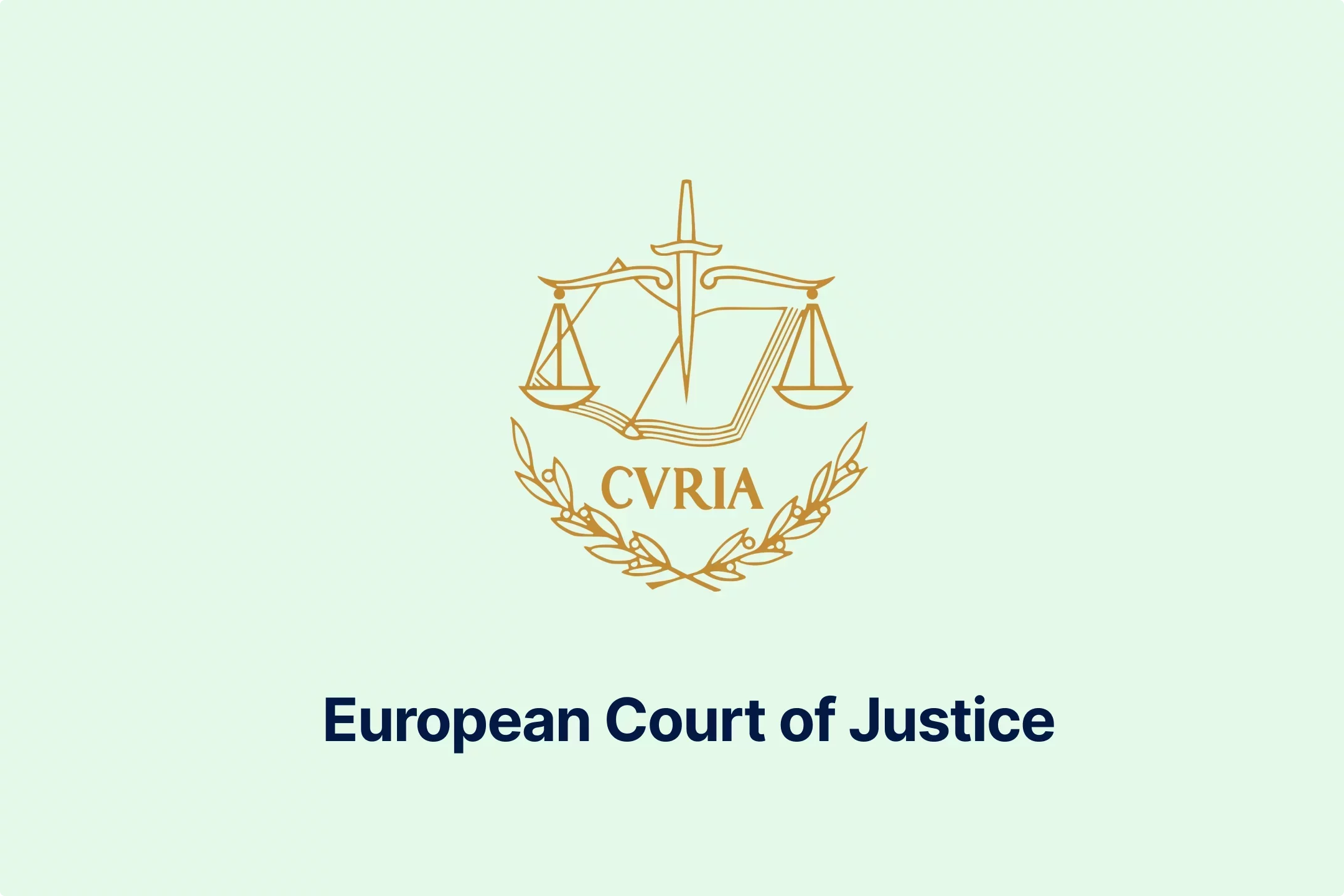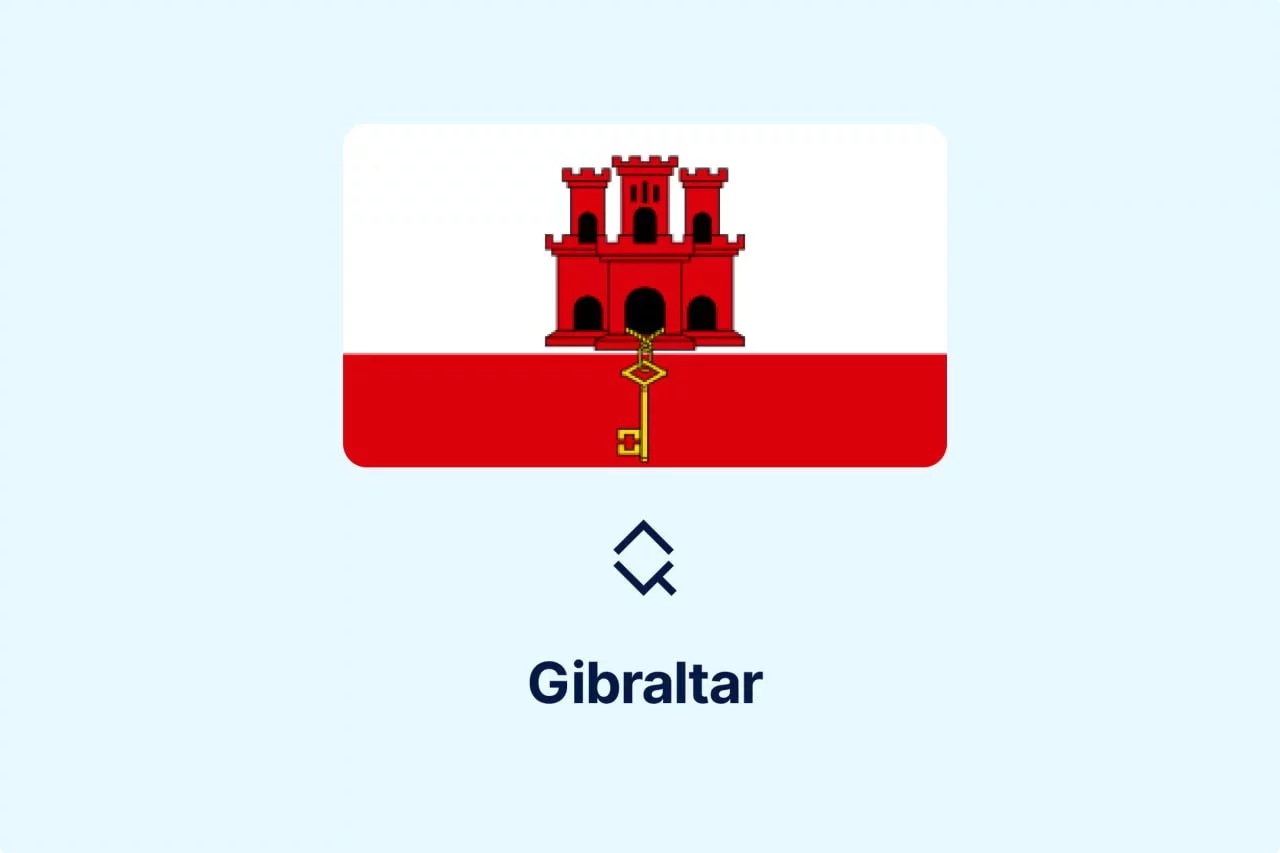Impact of Short-Term Rentals on EU VAT Rates: Key Changes Explained

The rise of short-term accommodation platforms, such as Airbnb or Booking.com, transformed the tourism and hospitality industry worldwide. The platform economy's influence on the sector could not bypass the European market, with historical cities such as Paris, Barcelona, Roma, or Lisbon.
Although short-term rentals have made traveling more affordable to tourists, especially those not attracted to more traditional accommodation service providers like hotels, one of the negative aspects of this shift is the rise in prices of long-term accommodation and the continuous decrease in the number of properties available for this type of rental.
Evolution of Short-Term Accommodation Rentals
Short-term rentals are often seen as an alternative or competitor to hotels. In recent years, they have become a considerable issue for the housing market and long-term rentals. As we know it, the short-term rental industry evolved significantly with the rise of digital platforms.
Initially, this sector operated informally, with minimum regulatory oversight and limited tax obligations. Even when there were any tax implications for this sector, most were subject to income or some similar tax. Digital platforms, such as Airbnb, Booking.com, Expedia, TripAdvisor, and others, revolutionized the market by providing seamless booking services with global reach.
With the industry's growth and more people, known as hosts, decided to offer their rooms, apartments, and homes to tourists, the sector became increasingly regulated. In response to the VAT gap, the EU Member States, and ultimately the EU as a whole, introduced a set of rules and regulations for short-term rentals, thus subjecting them to VAT rates.
From Hotels to Locals: Negative Impact of Short-Term Rentals
To better understand how the rise of short-term rentals affected the VAT rules and regulations, we need to perceive the situation from several different viewpoints.
Traditional Service Providers: Hotels
In recent years, short-term rental has become a strong competitor to the more traditional service providers like hotels. Hotel sector members argued that short-term rentals benefit from unfair tax advantages. Moreover, they requested that the playing field be leveled and that VAT treatment across the accommodation sector be consistent.
National Governments
Imposing the VAT rules and regulations within the short-term rental sector proved challenging for national governments. Many transactions relating to short-term rentals go under the radar, which causes revenue loss and hurts national budgets.
In addition, the housing crisis pressures governments, and short-term rentals are often seen as contributors to the crisis.
Local Communities
Local communities across the EU are most affected by the rise of short-term rentals. From year to year, the number of bookings over the online platforms increases, making the most popular European destination overcrowded and unbearable for locals to live in those cities.
Moreover, the shortage of apartments and houses offered for long-term rental contributes to increased rental prices. In the EU, housing prices increased on average by 48% between 2015 and 2023. With an annual average growth of 18% on the EU level, this significantly contributed to the decreasing number of houses and apartments available for locals.
Local Response to Issue: Banning or Limiting Short-Term Rentals
Countries across the EU have different approaches to dealing with the issues caused by the evolving short-term rental sector. However, policies concerning short-term rentals can be divided into two categories: banning or limiting short-term rentals and changes to VAT-applicable rules, including applicable VAT rates.
Across the EU, local governments are implementing measures to reduce the number of tourists and make more houses and apartments available for locals. Barcelona decided to completely ban short-term rentals by the end of 2028 and revoke more than 10,000 licenses issued to tourist apartments.
While the City of Bruges in Belgium decided to completely ban the establishment of new short-term accommodation offered for rental, Athens in Greece imposed a one-year ban on new licenses for short-term rentals in three districts in central Athens.
Governments Approach to the Problem: Change in VAT Rates
While local governments across the EU want to limit the number of houses and apartments offered for short-term rentals, national governments of the EU countries are considering how to increase revenue from short-term rentals, but also which national policies would discourage homeowners from offering them for short-term instead of long-term rentals. One of the solutions is to either increase the applicable VAT rate or to subject it to another VAT rate, e.g., make the standard VAT rate applicable instead of applying a reduced VAT rate.
Netherlands
In September, the Dutch government changed the applicable VAT rate to short-term accommodation. Starting from January 1, 2026, the short-term rentals will be subject to a 21% standard VAT rate instead of the current 9% reduced VAT rate. The decision affects hotels, holiday homes, B&Bs, hostels, guesthouses, and, most importantly, accommodation offered through platforms. Only camping sites will remain under the current 9% VAT rate.
The Dutch government announced this tax measure to increase the revenue from short-term rentals.
Spain
The Spanish government proposed applying the standard VAT rate of 21% to the short-term rental sector, reducing the number of properties offered for short-term rental and thus decreasing housing prices.
France
At the beginning of 2024, new rules in France were brought into effect regarding VAT on accommodation and furnished goods in the hotel and aparthotel sector. According to these rules, VAT applies to up to 30 stays when at least three out of four specific additional services are provided. These additional services include breakfast, regular cleaning of the premises, provision of household linen, and customer reception.
Previously exempt from VAT, these services are now subject to a reduced VAT rate of 10%.
Estonia
2025 will change the applicable rate to accommodation services and accommodation services with breakfast in Estonia. The 13% VAT rate will replace the applicable reduced rate of 9%.
Conclusion
Short-term rentals have changed the tourist and hospitality industries, affected housing markets, and offered many homeowners new opportunities. However, the process has also brought many new challenges for governments, traditional service providers, and local communities.
Many EU countries are now updating their policies and introducing new measures to regulate and diminish the adverse side effects of short-term rentals. The motivations for this are different. Some EU countries want to generate more revenue, while others want to reduce the number of properties offered for short-term rental.
Therefore, imposing more significant VAT rates for short-term rentals is a popular means to achieve this goal.
Source: European Economic and Social Committee, European Parliament - Short-term rentals, European Parliament - Rising housing costs in the EU, Rental Scale-Up, VATabout - Netherlands: Standard VAT Rate to Apply on Short-Term Rentals, VATabout - Spain's Proposed 21% VAT on Short-Term Rentals, General Directorate of Public Finance, Estonian Tax and Customs Board - Value Added Tax

More News from Europe
Get real-time updates and developments from around the world, keeping you informed and prepared.
-e9lcpxl5nq.webp)







-3rcczziozt.webp)

-rvskhoqpms.webp)




-a5mkrjbira.webp)

-ivkzc1pwr4.webp)




-hssrwb5osg.webp)



-c06xa1wopr.webp)









-webajrr4ny.webp)
-evibmwdwcn.webp)
-7acdre0hop.webp)

-lcgcyghaer.webp)
-ol6mdkdowg.webp)
-aqdwtmzhkd.webp)

-njgdvdxe2u.webp)



-i6rki3jbad.webp)
-hdwgtama05.webp)

-atbhy5fyxv.webp)






-zp2n6zixoa.webp)
-oa1ynbm4sn.webp)


-lltkno6txy.webp)



-do38odrqnq.webp)

-t409oldqzt.webp)

-hordopb6xh.webp)

-ooimnrbete.webp)

-lwb5qpsily.webp)


-eumafizrhm.webp)

-mtqp3va9gb.webp)

-3ewrn1yvfa.webp)
-591j35flz2.webp)

-huj3cam1de.webp)


-hafis0ii23.webp)

-qseaw5zmcy.webp)



-qzsah2ifqx.webp)


-69rzooghib.webp)
-wrvng98m0g.webp)


-psucycuxh2.webp)
-klyo8bn5lc.webp)




-6wv5h5eyyd.webp)
-tfgg78rbid.webp)
-a6jpv9ny8v.webp)
-qhdbapy0qr.webp)


-owvu7zoc13.webp)


-h28jrh1ukm.webp)

-wl9bl1rw3a.webp)

-2w76jtvtuk.webp)

-c0uvrmrq9j.webp)



-pofe7ucwz3.webp)



-5cc23ezxyf.webp)
-rrmabbekeb.webp)








-iyyeiabtaf.webp)
-c8rbjkcs01.webp)
-nilkffjhah.webp)

-hikakq55ae.webp)

-z1d60bldtg.webp)
-d1a0q6n7mp.webp)
-viip8nvoeh.webp)
-bvv1otliox.webp)



-de8hdb1bn3.webp)
-7xsxxoypnx.webp)

-cm0opezg73.webp)
-0tovsdupmi.webp)
-subxdamdj6.webp)


-gly6ablwnh.webp)
-gkduqhwbzh.webp)
-qpe1ld9vcj.webp)
-8noukwsmba.webp)
-aka29tuhkt.webp)


-fisvs27yrp.webp)


-mp0jakanyb.webp)

-aivzsuryuq.webp)



-o7f4ogsy06.webp)

-zjja92wdje.webp)
-hrbhdts8ry.webp)
-qtdkwpgkug.webp)


-cf8ccgah0p.webp)
-0em3cif5s6.webp)






-ptzesl0kij.webp)

-tfzv42pyms.webp)







-uodv7sfbih.webp)
-bbrdfmm9qf.webp)



-m2tl8crfqr.webp)




-1awbqjgpjs.webp)
-avbjsn1k1g.webp)


-0h8ohkx6s0.webp)



-wfmqhtc7i6.webp)
-7wljbof2zo.webp)

-eqt97uyekl.webp)
-wzw9mcf563.webp)

-z4oxr6i0zd.webp)




-l0zcrrzvhb.webp)
-fhtic1pwml.webp)

-iipdguuz9p.webp)
-nkhhwrnggm.webp)
-pltqwerr3w.webp)

-nn6mtfbneq.webp)

-tmnklelfku.webp)



-8z1msbdibu.webp)
-7g16lgggrv.webp)



-lxcwgtzitc.webp)
-9mc55kqwtx.webp)


-xla7j3cxwz.webp)
-jrdryw2eil.webp)






-t9qr49xs2u.webp)


-qjopq5jplv.webp)



-vune1zdqex.webp)

-qsozqjwle2.webp)
-rgjta7iwiv.webp)

-zb6bxxws47.webp)
-lyfjzw4okp.webp)

-ogpfmol5m1.png)


-czisebympl.png)

-zetvivc79v.png)
-ud7ylvkade.png)
-qizq6w2v5z.png)







-ihr6b4mpo1.webp)
-k1j4au0ph6.webp)
-swxxcatugi.webp)


-ig9tutqopw.webp)

-tauoa6ziym.webp)

-spr0wydvvg.webp)

-xfuognajem.webp)





-u2nv5luoqc.webp)








-opuxpan2iu.webp)




-kwttsfd8ow.webp)
-8u14qi10nj.webp)

-wjpr96aq5g.webp)

.png)

.png)

.png)


.png)



.png)
.png)
.png)
.png)
.png)

.png)
.png)




.png)
.png)




































































































































